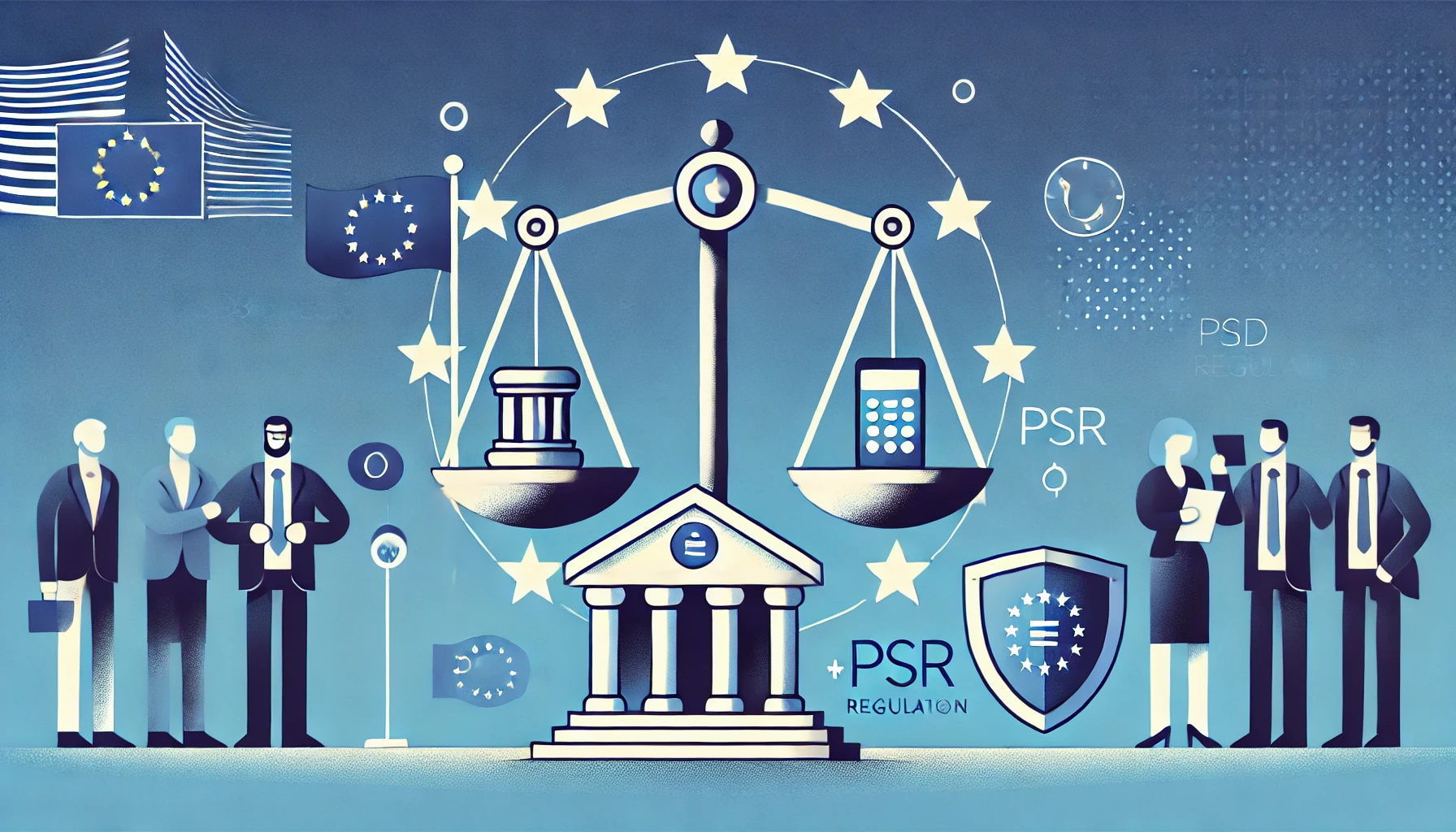-
Data and Digital Trade

The global economy has experienced a rapid growth in digitally facilitated and delivered trade in goods and services. The Government has adopted a “consciously broad” definition of digital trade to reflect this trend. While we understand that trade is increasingly digital, such breadth may be an obstacle to identifying areas… Read more
-
Driving the Future of Trade Finance: How Digital Standards are Paving the Way for Paperless Trade

At Sibos 2024 in Beijing, industry leaders convened to discuss the accelerating digitalisation of global trade. A notable session featured Ben Arber, CEO of Complidata, in conversation with Pamela Mar, Managing Director of the Digital Standards Initiative (DSI) at the International Chamber of Commerce (ICC). Their discussion centered on the… Read more
-
Understanding the EU’s PSD3 Directive and PSR Regulation: Key Changes and Implications

The European Commission has introduced two significant legislative proposals: the third Payment Services Directive (PSD3) and the Payment Services Regulation (PSR). These initiatives aim to enhance the European payments market by building upon the foundations of PSD2, striving for greater harmonization and reducing national discrepancies. Objectives of PSD3 and PSR… Read more
-
EU Council Approves Strategic Plan to Strengthen Europe’s Digital Infrastructure and Cybersecurity

On December 6, 2024, the Council of the European Union approved conclusions regarding the European Commission’s White Paper titled “How to master Europe’s digital infrastructure needs?” This approval underscores the EU’s commitment to advancing secure, resilient, and high-capacity digital infrastructures across member states. Key Highlights: These conclusions align with the… Read more
-
Basics of Risk Management in Trade

The clearance of goods to enter a market is often considered a balance between facilitating and controlling. The latter is checking that the goods are compliant with all relevant rules and regulations, corresponding to legitimate regulatory objectives. This may include consumer health and safety, safeguarding the environment, compliance with social… Read more
-
The EU’s Vision for Digital Trade: Policies and Global Influence

The digital revolution has redefined global commerce. From the exchange of goods and services to the facilitation of international supply chains, digital trade has become an essential component of economic development. In this context, the European Union (EU) has recognized the imperative need to integrate digital considerations into its trade… Read more
-
UNCITRAL’s Framework for Negotiable Cargo Documents: Modernizing International Trade

The UNCITRAL Negotiable Cargo Documents framework is designed to modernize and harmonize the legal rules governing documents used in the transport of goods, particularly in international trade. These documents, commonly known as bills of lading, play a crucial role in shipping by serving as evidence of the contract of carriage,… Read more
-
Data (Use and Access) Bill [HL]
![Data (Use and Access) Bill [HL]](https://www.digitaltrade4.eu/wp-content/uploads/2024/10/img-UK-Digital-Identity.jpg)
A bill designed to address access to both customer and business data, this legislation aims to regulate services that involve using information to determine and confirm facts about individuals. It also focuses on the recording, sharing, and maintaining of registers concerning apparatus located in streets. Additionally, the bill outlines the… Read more
-

Until the recent drive towards digitalisation and modernisation, the processes involved in an international end-to-end transaction could be long, cumbersome and expensive. From the shipping of goods to the payment of an invoice, the overall transaction would take place through a collection of individual, fragmented and often siloed procedures, from… Read more
-
Overview of EU eIDAS 2.0 Regulation
eIDAS 2.0 represents a significant upgrade to the European Union’s electronic Identification, Authentication, and Trust Services (eIDAS) regulation. This enhancement aims to refine and expand cross-border digital identity solutions and trust services, thereby allowing citizens and businesses to securely access a wide range of public and private services across the… Read more
